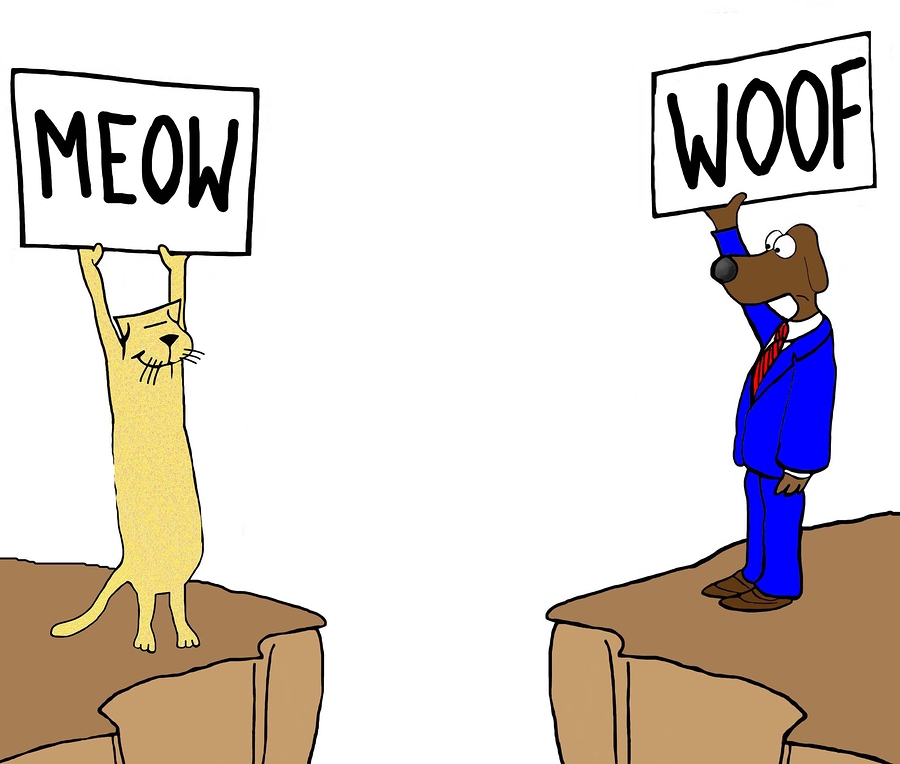Many aspiring authors communicate things they think are positive, or at least in the spirit of honesty and transparency, but end up being understood entirely different than the intended message.
In an attempt to show commitment, an aspiring author says, “I’ve been working on this book for ten years.”
An agent hears, “I am an extremely slow writer and once finished, enter a protracted spiral of self-editing which can take years. Don’t get your hopes up regarding deadlines.”
Hmm, doesn’t sound like a good prospect to represent, but I’ll still review what they have, only now with a skeptical eye.
Author says, “I already have the manuscript finished and the cover designed!”
Agent hears, “I know books can be published in two weeks once you have a manuscript and a cover finished.”
This is traditional publishing. It will take one to two years to get your book published, and the publisher decides if the book is finished and will design their own cover. Relax.
Author says, “I already hired an editor to edit my manuscript.”
Agent hears, “I’ll decide how the manuscript is edited, no one else.”
Again, this is traditional publishing. Publishers edit you. The manuscript is finished when they say so. Get ready to be in full collaboration mode.
Author says, “I don’t care about an advance or any royalties. I just want my book published.”
Agent hears, “I want you to work for me with no compensation.”
I often wonder if this author would ask a real estate agent to help them give away their home. Literary agents are paid when we sell something for money. Publishers make money by selling books for money, generating revenue and profit. There’s no need to forego advances or royalties. Writers should be paid…in money. If you want to give away all your earnings from writing, go ahead, but don’t expect everyone to do it.
Author says, “God told me to write this book.”
Agent hears, “I will be difficult to work with if you fail to sell my book or try to change anything.”
Honestly, I hate having to feel negative about this, but as the years pass, we all meet people who invoke the guidance of God when they simply want to eliminate discussion or disagreement. If I responded, “I don’t feel led by God to represent you,” an author might question whether I am truly discerning God’s leading. Let’s just assume believers are all on the same wavelength and leave it there. Then, write the book well and convince me why it is worthwhile, leaving out God’s endorsement.
Author says, “This book is for everyone.”
Agent hears, “I have no idea who this book is for.”
No book is for everyone. Not one. You might be able to make a case the Bible is for everyone, but even with the Bible, those who don’t believe in God and are not drawn by God have no idea what it means. And we don’t even address the language issue, which further limits readership. Most people in the world don’t read English.
Author says, “This book is for a crossover audience.”
Agent hears, “This book has objectionable stuff in it.”
Words matter. Those who write should be able to discern the meaning behind them, both obvious and not-so-obvious. When writing to a publisher or agent, spend as much care on the cover note and proposal, thinking about the reader, as you did writing the book.
Many a book has been torpedoed by a careless choice of words in the proposal or cover letter. I should know, I’ve done it myself.



 The Wild Pitch
The Wild Pitch

I’ve been working on my book for ten years.
Let me clarify: I wrote the first draft ten years ago. Then I realized how bad it was and how little I knew
It took a decade to refine my voice, find my niche, establish my platform. And I’m still a work in progress.
God called me to write, yes. But that didn’t mean I got it right the first time. Or the third time. Or the thirteenth. God had BEGUN a good work in me. I swallowed lots of pride. I learned humility and submission–usually, the hard way. It’s been ten years, and God’s not finished with me yet.
Well, Dan. You gave us all the misconceptions of what an agent hears in their own mind when a writer submits their work, hoping to find help with publishing. But how about how to correct those statements? What should a writer say to the agent to express their excitement and determination to have their work published? I think that would be helpful at the end of this list of no-no’s.
You’ve made the agents sound as if they never take any of the hard work a writer goes through to present a good story to a reader into consideration. So…what should a writer say to get the positive attention of an agent? Tell us that. We’d love to know.
Good communication begins with “know your audience” and if you have no idea how traditional publishing works (almost nothing like self-publishing) or how an agent functions (not employed by publishers) then everything else falls in place.
The above are all a result of communication done while not knowing how things work.
This is why we blog every day, why we attend writers’ conferences and why we provide the other resources on this website…to inform people of “how it works.”
Still, agents are deluged with proposals from aspiring authors who skip the learning and understanding step. Doing so ends in frustration for the process of getting an agent and publishing in general, when if they would have taken some time to learn a little about the industry, they would have felt and done much better.
The hardest part of knowing what to say is knowing what not to say.
AMEN!!!
I’m reminded of when my husband was dean of a Christian college. A professor came to him and said that the Lord told him that his wife ought to teach at the college. My husband said something like, “If God wanted me to hire your wife, He could tell me also.”
Thanks for offering these good insights, Dan. It is always helpful to learn more about the publishing industry. Understanding what agents and editors are up against helps writers know how every word matters in our communication with you as well as in our manuscripts. It’s always good to hear how our words come across to others and consider the messages we may communicate between the lines. Thanks!
Sometimes we get it wrong before we get it right. You’ve pointed out a couple of areas I’d not realized were in error and contrary to what I had meant to communicate. Always learning.
One other comment. It has troubled me that we as authors aren’t supposed to mention that God is behind the work, when some of us write for that very reason and as our main motivation. That this is already assumed by the agent/agency is helpful to know and now will stop me from squirming (I’ve reacted to it every time I’ve read it here and elsewhere). So, I, also, as a writer have interjected/assumed an alternate message than what was meant by the agent/agency. Thanks for the clarification. Another important post to save and refer back to. Thank you.
At one point I saw a poster: Monkey hanging from branch by one hand, other hand scratching his head.
Legend: I know you think you understood what you thought you heard me say. What you don’t know is what I said was not what I meant.
That started me on a course of reflective listening. “Repeat to the speaker what you thought you heard.”
Saves a lot of miscommunication.
Thank you for this blog post! Very helpful! Writing the book (for me) was the easy part. I’ve recently joined The Christian Writer’s Institute. Learning as much as I can about the “how to publish” is definitely a learning curve I’m willing to take. Where is the Dramamine for that curve ahead?
Dan, thanks for this posting. You are always informative and helpful I am on a learning curve, like Cindy said.
I’ve always wondered about the editing part. How refined does a ms have to be before it’s submitted? Should we hire an editor to make sure the story is structurally sound? Or should we hope the agent sees our vision (spellchecked etc of course) and THEN the ms goes through the editing stage once acquired? I know several wannabe authors hiring editors just to have their ms ready for a contest and/or to pitch.
There are varying opinions on this. In my mind, its all about levels.
For me, I would prefer to work with authors who are good writers at their core. Just because a writer hires an editor, it doesn’t mean they aren’t a good writer, but if the author needs too much editorial assistance before something is ready to show, I would be concerned. There should be a core competency for writing.
Hiring an editor to put your best foot forward is just fine and is done all the time.
Hiring an editor to completely rework your book, is a co-author relationship and deserves a byline and a share of royalties.
Write your book for “an audience of one” – and then ask yourself, who is my audience. You might be surprised by what you discover. I’m indy all the way.